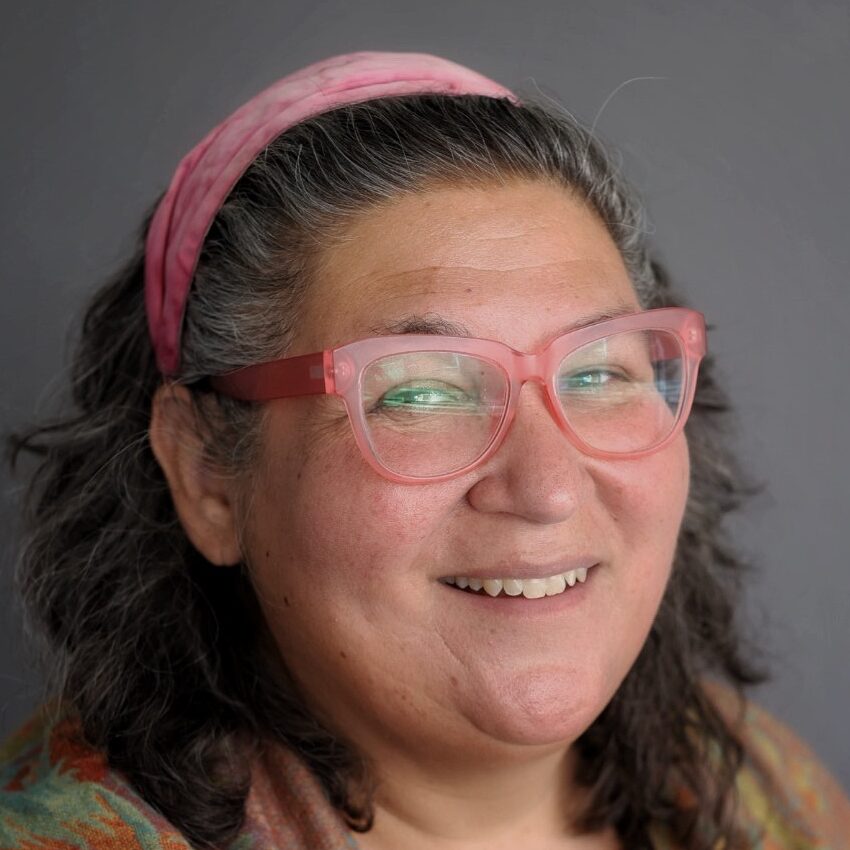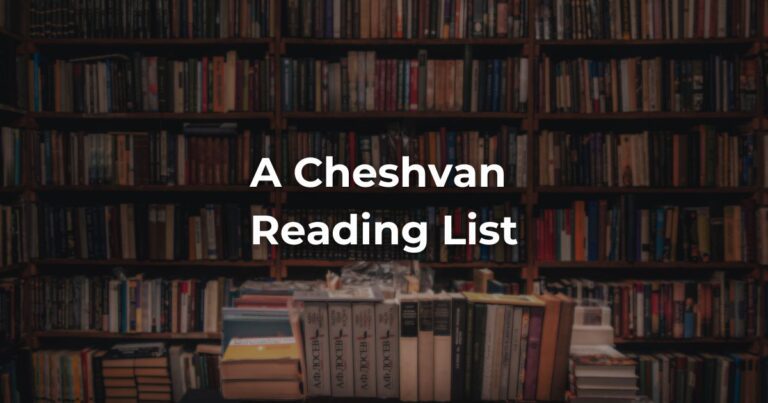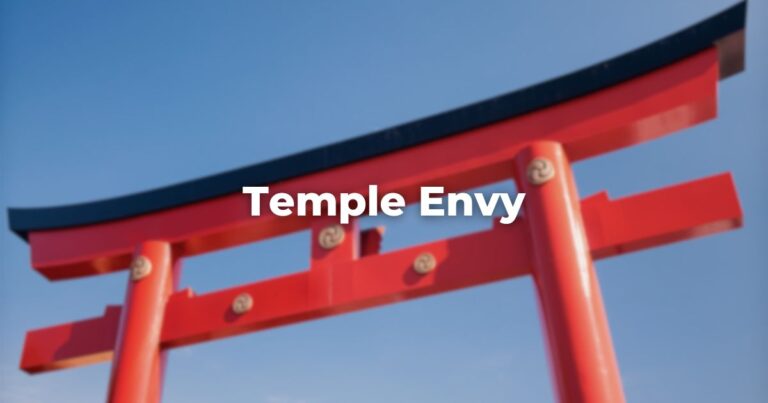When my husband and I first moved to Israel in 2014, the sheer immersion in a living Jewish society was both overwhelming and exhilarating. Every facet of life, from the calendar to the street signs, was permeated with Jewish traditions and language. Among the many new-to-me observations was a fascinating post-holiday custom: hakafot shniyot, “second circlings.”
Festivals that are observed for two days by Jewish communities in the rest of the world, for example the first two days of Passover, are only observed for one day in the land of Israel. This means that at the end of all the autumn holidays—after Rosh HaShana, Yom Kippur, and Sukkot are behind us—Simhat Torah is celebrated in Israel the day before it is celebrated in the diaspora.
Marking the completion of the annual reading of the TorahRefers to the first five books of the Hebrew Bible, the Tanakh, also called the Five Books of Moses, Pentateuch or the Hebrew equivalent, Humash. This is also called the Written Torah. The term may also refer to teachings that expound on Jewish tradition. Read more and the immediate start of the cycle anew, Simhat Torah is a moment of profound collective celebration. Whenever and wherever it is observed, Simhat Torah includes hakafot, literally “circlings,” which usually include dancing and carousing with scrolls of Torah. Hakafot shniyot (second circlings) take place in Israel in the evening just after Simhat Torah has actually ended, and while they can certainly be spiritually uplifting, they are usually rousing evenings of live music, dancing, and generally having a good time.
When I first heard about them, my initial, somewhat bemused thought was that hakafot shniyot were simply a siba l’mesibah (a reason to party). Israelis, I figured, just couldn’t resist extending the revelry. However, I soon learned that the history of this custom was far more profound and not at all frivolous.
In October of 1942, World War II had cut off communication between the Jews of the Land of Israel and the Jews of Europe. When Simchat Torah ended the Land of Israel, Rabbi Yitzhak Yedidya Frankel of Tel Aviv declared that since they had no way of knowing if their European brethren were able to observe their own Simhat Torah, he and the members of his community would dance with the Torah on their behalf.
This was a conscious act of Jewish solidarity and spiritual empathy. It was an intentional proclamation: If you cannot dance now, we will dance for you. Our people’s collective joy must not be extinguished. We hold this joy in trust, on your behalf, until you can rejoin the dance.
Fast forward to the morning of October 7, 2023. I was trying to organize my seven-year-old and my three-year-old to actually get out the door to synagogue for Simhat Torah services. I had agreed to lead a children’s service at our shul, so we could not be late. And then the first siren sounded in Jerusalem. And then we rushed into our building’s stairway for shelter. And when I asked my neighbor Hannah what was happening, she answered me with one chilling word: milchama. War.
There would be no hakafot for us that morning. Indeed, rejoicing has seemed hard to access every day since. But at some point during that long first day, when we were only barely beginning to understand the horrors that were happening only a few hours drive from our home, I began to think of the Jewish communities outside of Israel: in the diaspora there would still be dancing.
At least that was my hope. I hoped that they would still decide to dance. I imagined that somehow, as horrified as they themselves were by what was happening here, Jews around the world could offer this profound act of spiritual mutual aid: marking the undying continuity of Jewish joy.
These two long years of war have seen so much loss on so many fronts. And many are concerned that one of those losses is a growing rift between the Jews of Israel and the Jews of the diaspora. But there have also been more of these moments of deep connection, of holding one another across the miles and milieus that divide us.
This Simhat Torah, here is my prayer for us all: May we continue to find ways to rejoice on one another’s behalf, but may we soon know a time when such mutual aid will not be necessary, when all Jews and all people can truly rejoice.
Author
-

Rabbi Dr. Minna Bromberg is a dynamic writer, teacher, and activist working at the intersection of social justice and spiritual care. With rabbinic ordination (Hebrew College, 2010) and a PhD in sociology, she brings a powerful voice to conversations on embodiment and beyond. Rabbi Bromberg founded Fat Torah, dedicated to shattering weight stigma by harnessing the profound resources of Jewish tradition to build a world that embraces all bodies. She has also released five albums and teaches others to find their voices in song and prayer. Her memoir-meets-manifesto, Every Body Beloved, was published in 2025. Minna lives in Jerusalem.
View all posts https://www.minnabromberg.com/book




